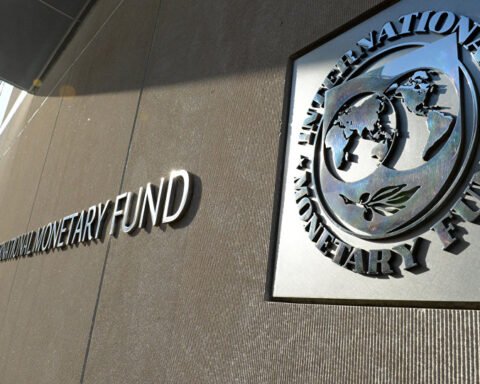Chinese-founded e-commerce giants Shein and Temu have announced they will soon raise prices for U.S.
customers, citing the impact of new tariffs introduced under policies backed by President Donald Trump. The changes come as part of a broader U.S. push to tighten trade regulations and clamp down on Chinese imports.
Both companies, which have become wildly popular in the United States for their affordable clothing and household products, say the price hikes are unavoidable. The decision follows Washington’s move to eliminate the “de minimis” rule—an exemption that allowed packages valued under $800 to enter the country without duties. That rule had been essential to the business models of fast-shipping retailers like Shein and Temu.
Now, under the new trade regime, those low-value parcels will face steep tariffs—reportedly up to 145% in some cases. For companies that rely on high volumes of inexpensive products shipped directly to consumers, this could mean a significant change in how they operate.
In a joint statement, Shein and Temu said they’re working to manage the impact of these policy changes while trying to maintain value for customers. “Recent changes in global trade rules and tariffs have created new challenges,” one company spokesperson noted. “We are adjusting accordingly, but some price increases will be necessary.”
The news has sparked concern among American shoppers, particularly younger consumers and budget-conscious families who rely on these platforms for low-cost fashion and home goods.
Also Read; China Open to Talks If Trump Shows Respect
“It’s frustrating,” said Maya Jenkins, a college student in Atlanta. “I love shopping on Shein because I can find cute outfits that don’t break my budget. If prices go up and shipping slows down, it just won’t be worth it.”
Analysts say that while the companies may look for ways to absorb some of the costs—by consolidating shipments or shifting some operations to other countries—consumers should expect higher prices and possibly longer wait times.
“This is the beginning of a reshuffling in global e-commerce,” said trade policy expert David Lin from the International Economics Forum. “Retailers who depend on the de minimis rule and low-cost logistics will have to rethink their U.S. strategies.”
Both Shein and Temu have said they remain committed to serving their American customer base, but for now, shoppers can expect their carts to total a bit more than they used to.







